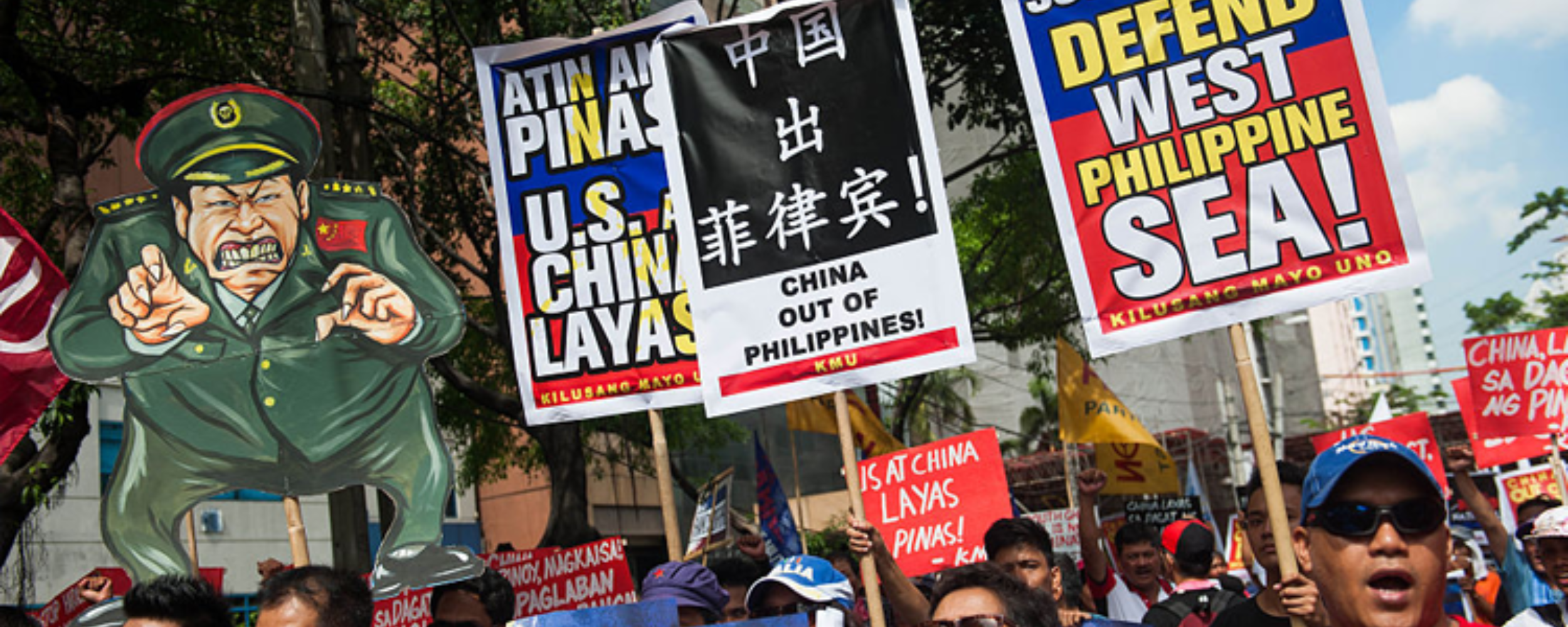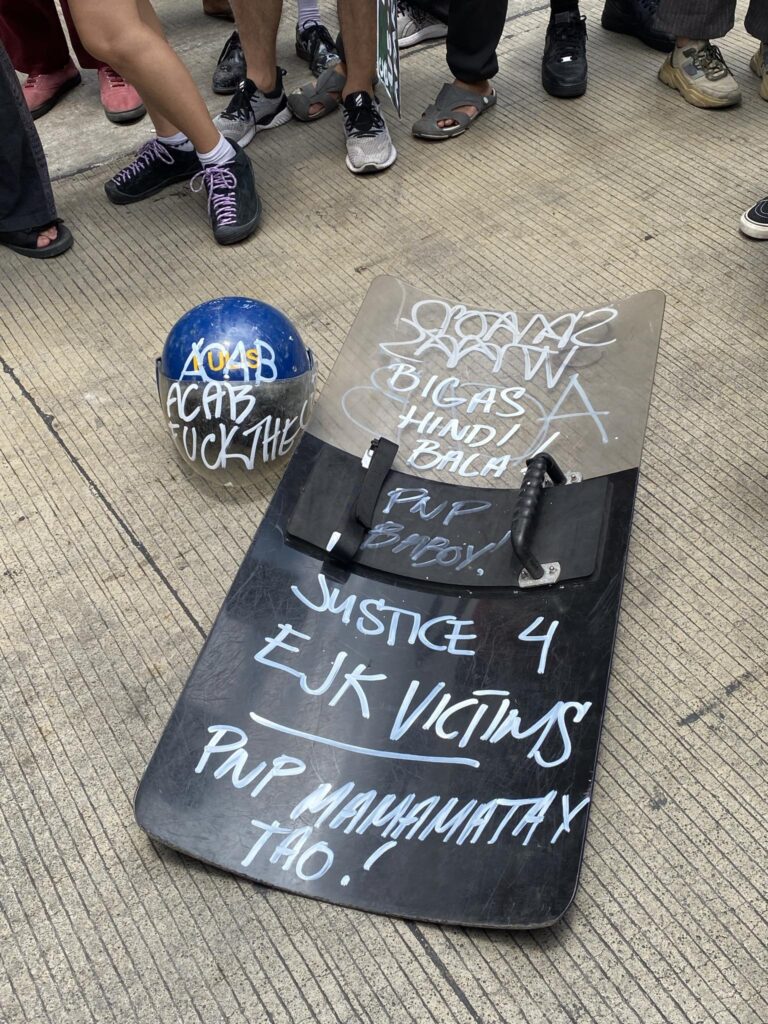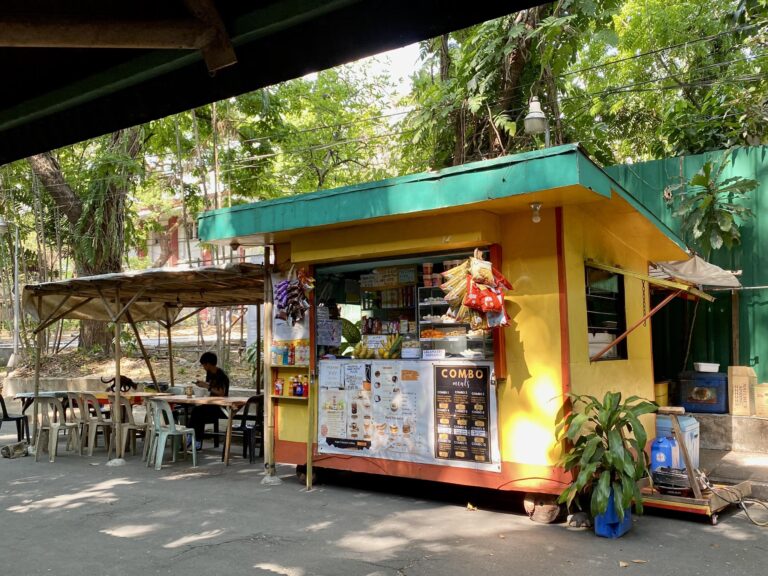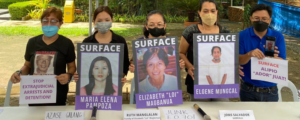
Today, July 12, 2022 marks six years since the Hague ruling, invalidating China’s claim to the West Philippine Sea and recognizing the Philippines’ sovereign rights to the contested territories.
In a 479-page decision, the International Arbitral Tribunal at the Permanent Court of Arbitration in The Hague, Netherlands concluded that China’s imaginary “nine-dash line” defense had no legal basis and that China caused severe harm to the marine environment due to its land reclamation efforts.
Six years later and China still has yet to recognize the ruling, calling it “illegal and invalid”, even when it is ruled “final and binding” by the Tribunal.
Tensions also arise as the United State’s so-called “new cold war” has intensified instability in the region as shown in US and China’s race to build good relations with the new Marcos regime.
China and The Hague Ruling
China defended its claim on the whole West Philippine Sea, citing the 9-dash line demarcation and further stating that they were “the first country to discover, name, explore, and exploit the resources of the South China Sea Islands and the first to continuously exercise sovereign powers over them”.
They also refused to acknowledge the 200-nautical mile Exclusive Economic Zone set by the United Nations Convention on the Law of the Sea (UNCLOS), stating that is beyond the scope and does not concern the interpretation or application of the Convention.
However, both China and the Philippines are signatories of the UNCLOS treaty that sets limits on countries’ territorial waters.
According to the ruling, there was no legal basis for China’s claim on historic rights to the resources within the sea areas and that certain areas in the islands are within the Philippines’ Exclusive Economic Zone.
“The Tribunal found that it could — without delimitating a boundary -– declare that certain areas in the Spratly Islands are within the Philippines’ Exclusive Economic Zone,” the ruling stated.
The Philippines’ sovereignty has been consistently violated by China in terms of interference with fishing and exploitative petroleum exploration, construction of artificial islands, and blatant harassment of Philippine fisherfolk who source livelihood within the WPS.
China has built eight artificial islands in the WPS since 2013, whereby Chinese forces extract the waters’ natural resources inclusive of more than 10 billion barrels of oil and its variety of fisheries. Through the construction of these artificial islands, China maintains and augments its political dominance and false claims on the WPS.
Earlier, China had also been proven to restrict access to Filipino fishermen on the Scarborough shoal and created a serious risk of collision when Chinese law enforcement vessels physically obstructed Philippine vessels.
The Tribunal has also found China to have severely harmed the coral reef environment in their construction of artificial islands in the Spratlys, as well as the harvesting of endangered turtles, corals, and giant clams by the Chinese fishermen.
News of the presence of Chinese vessels along the West Philippine Sea has been constant since the ruling was handed down in 2016.
Duterte’s loyalty to a foreign power
During his first month in office, high hopes were set on Duterte to create policies to protect the Philippine territory. However, throughout his term, Duterte exhibited merely passive responses towards China’s militarization and encroachment on the WPS. Aside from futile lip service on claiming the West Philippine Sea, Duterte consistently revoked claimed defense on the country’s sovereign right over the WPS.
“I’m walking on a tightrope actually. I cannot afford to be brave in the mouth against China,” he stated in a speech in early 2021.
Duterte had prioritized the creation of warmer ties with China above the assertion of the Hague ruling, stating that it would pay off in economic gains. China has been particularly “generous” towards the Duterte administration under their Belt and Road Initiative (BRI) which entails vast sums of loans provided to fund infrastructure projects. However, several groups have constantly contested the BRI and conspired the scheme as a “debt trap.”
Meanwhile, Duterte also said despite triumph in relation to the Hague ruling, between nations, it is nothing.
“Sa usapang bugoy, sabihin ko sa’yo, ibigay mo sa akin, sabihin ko sa’yo: ‘Putangina, papel lang ‘yan. Itatapon ko ‘yan sa waste basket,” Duterte stated in a speech in May 2021.
When asked if he would protest the presence of Chinese ships in Sandy Cay, near Pag-asa Island in the West Philippine Sea, Duterte said no as it would risk the lives of fishermen. However, he also went on to oppose the presence of Chinese vessels as “invasion of territory” as Supreme Court Senior Associate Justice Antonio Carpio described.
“Anong invade? Hindi naman totoo ‘yung sinasabi na ano…they are just there but they are not claiming anything,” he stated, adding that he was assured by Chinese ambassador, Zhao Jianhua, and China’s Foreign Ministry that they will not build any structures in Sandy Cay.
In a bilateral meeting between Duterte and Chinese President, Xi Jin Ping, Duterte raised the arbitral ruling only for Xi to reiterate the Chinese government’s non-recognition of the ruling, merely dismissing it as “nothing more than a waste of paper”.
Under Marcos, Jr.’s administration, greater risks are posed by China in the Philippine seas. Newly-appointed Secretary of Foreign Affairs Enrique Manalo recently met with China’s Foreign Minister Wang Yi and discussed the bilateral relationship between the two countries.
Both diplomats have expressed their hopes of deepening ties and “maintaining and building on the positive trend of relations between the Philippines and China”.
This, amid the outright dismissal of the ruling, invasion and attacks against the fishermen and Philippine vessels in the West Philippine Sea, and the debt trap by China during the Duterte regime, inflating the country’s debt to P12.76 trillion as of June 2022.
Call to reclaim territory
CPP Chief Information Officer Marco Valbuena released a statement earlier on the 6th anniversary of the Hague ruling.
“For six years, the Philippine government threw the ruling to the garbage heap to kowtow to China’s wishes, and turned a blind eye to China’s rushed land reclamation and building of facilities in the West Philippine Sea to establish possession of the area and its resources,” Valbuena stated in a press release.
Valbuena called on unity in demanding China to respect the ruling, dismantle its military facilities, and stop state-supported industrial fishing and extraction of mineral resources in Philippine seas.
He also urged the Filipino people to seek the support of the international community in pushing China to recognize the ruling, and to push for a peaceful resolution on the withdrawal of military forces in the West Philippine Sea.
Various civil society groups such as Pamalakaya and Akbayan protested today to celebrate the Hague ruling and call for the defense of our national sovereignty.
As two imperialist powers battle for hegemony in the region, the Filipino people are in the middle of a tug of war in which we lose as the previous Duterte and current Marcos regimes remain loyal clients to their American and Chinese patrons. Our freedom relies on our perseverance to resist imperialist powers and their local lackeys like Marcos Jr.
#AtinAngPinas
Featured image courtesy of Dondi Tawatao








Thanks for your marvelous posting! I truly enjoyed reading it, you could be a great author.I will ensure that I bookmark your blog and will eventually come back in the future. I want to encourage one to continue your great job, have a nice day!